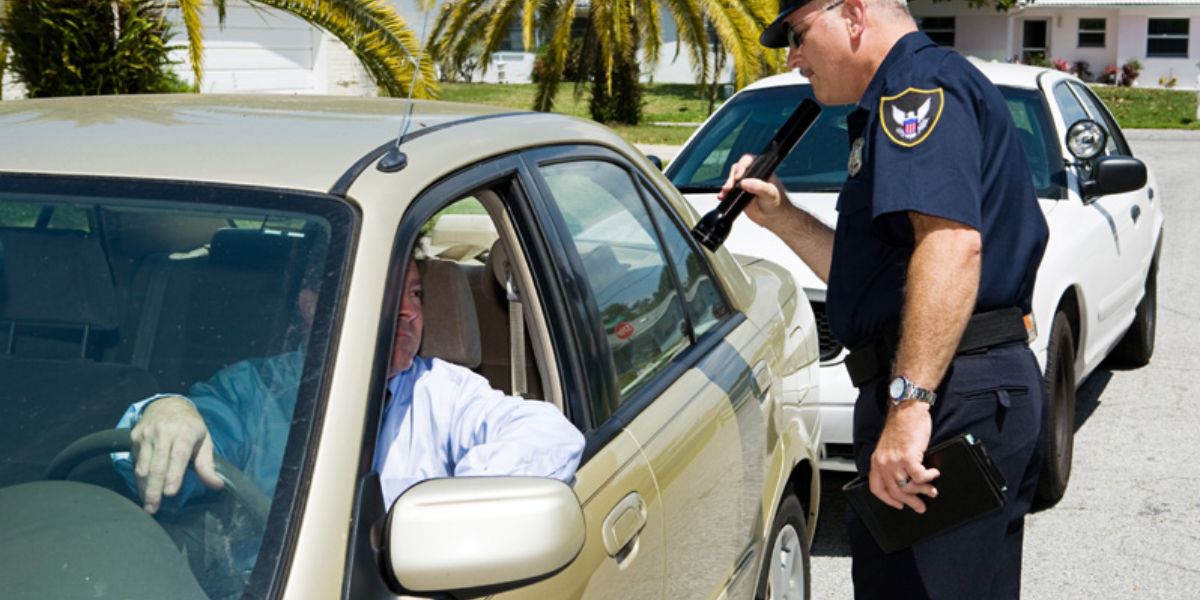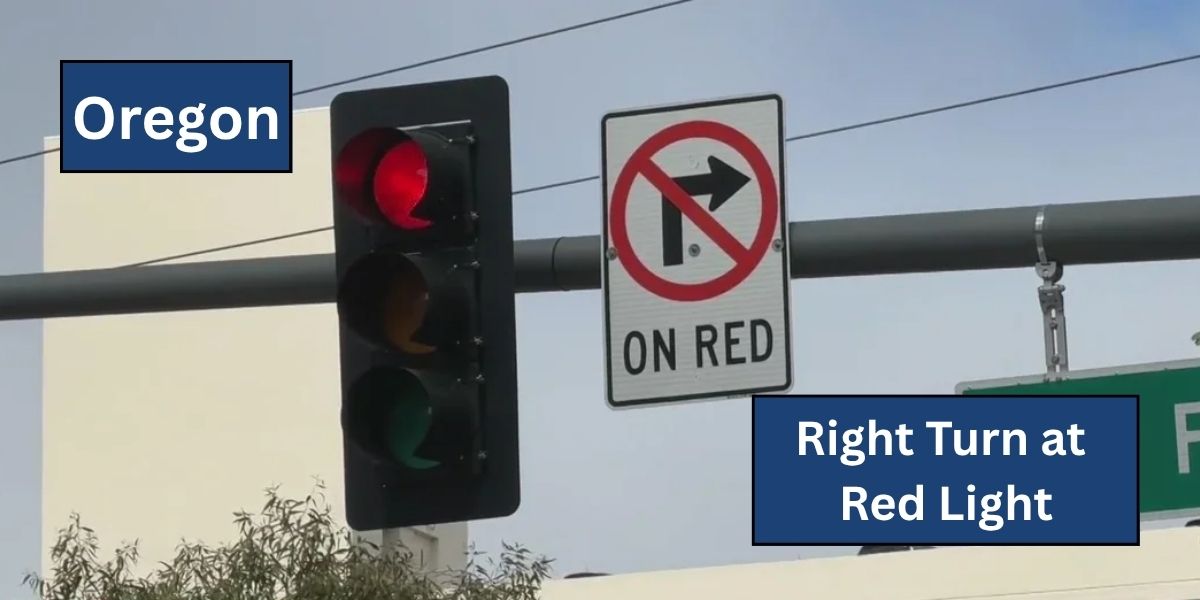Smartphones carry a wide range of personal data — from text messages and photos to bank information and private notes. So if a police officer pulls you over and asks to search your phone, it’s natural to feel anxious. But under Louisiana law, officers cannot simply search your phone without proper legal grounds.
What the U.S. Constitution Says About Phone Searches
The Fourth Amendment to the U.S. Constitution protects individuals from unreasonable searches and seizures. This means police officers cannot search your person, car, home, or phone unless they have one of the following:
- A warrant issued by a judge
- Probable cause to believe a crime is being committed
- Your voluntary consent
So during a routine traffic stop in Louisiana, police cannot search your phone unless they meet one of these conditions.
Supreme Court Ruling on Phone Searches
A major U.S. Supreme Court case in 2014, Riley v. California, clarified the issue further. The Court ruled that even if someone is arrested, police still need a warrant to search the contents of their phone. The decision emphasized that digital data is deeply personal and deserves strong protection.
In practice, this means that even if you’re taken into custody during a traffic stop, officers cannot go through your phone unless:
- You give them permission
- They obtain a valid warrant
Can Police Force You to Unlock Your Phone?
Police may not force you to unlock your phone using biometric data like a fingerprint or facial recognition without a specific warrant. The law around this is still developing, but most courts agree that forcing someone to unlock their phone without a warrant would violate their constitutional rights.
Consent: The One Major Exception
If you voluntarily allow the police to search your phone, they do not need a warrant. However, you are under no legal obligation to give consent.
If asked, you can calmly respond by saying:
“I do not consent to a search of my phone.”
Exercising this right will not result in penalties or charges — it simply protects your privacy.
What to Do if Police Ask to Search Your Phone
If you’re pulled over in Louisiana and an officer asks to search your phone:
- Stay calm and speak respectfully
- Ask if they have a search warrant
- If they do not, clearly state you do not consent
- Do not hand over or unlock your phone unless you choose to
It is important to remember that anything on your phone — even unrelated messages or photos — can potentially be used as evidence, even if you’ve done nothing wrong.
Conclusion
In Louisiana, police officers do not have the right to search your phone during a traffic stop unless you give them permission or they have a court-issued warrant. Your rights are protected by the U.S. Constitution and reinforced by Supreme Court decisions.
By understanding your rights, you can protect your privacy and make informed decisions during any police interaction. Always stay calm, be polite, and remember that you have the right to say no.




